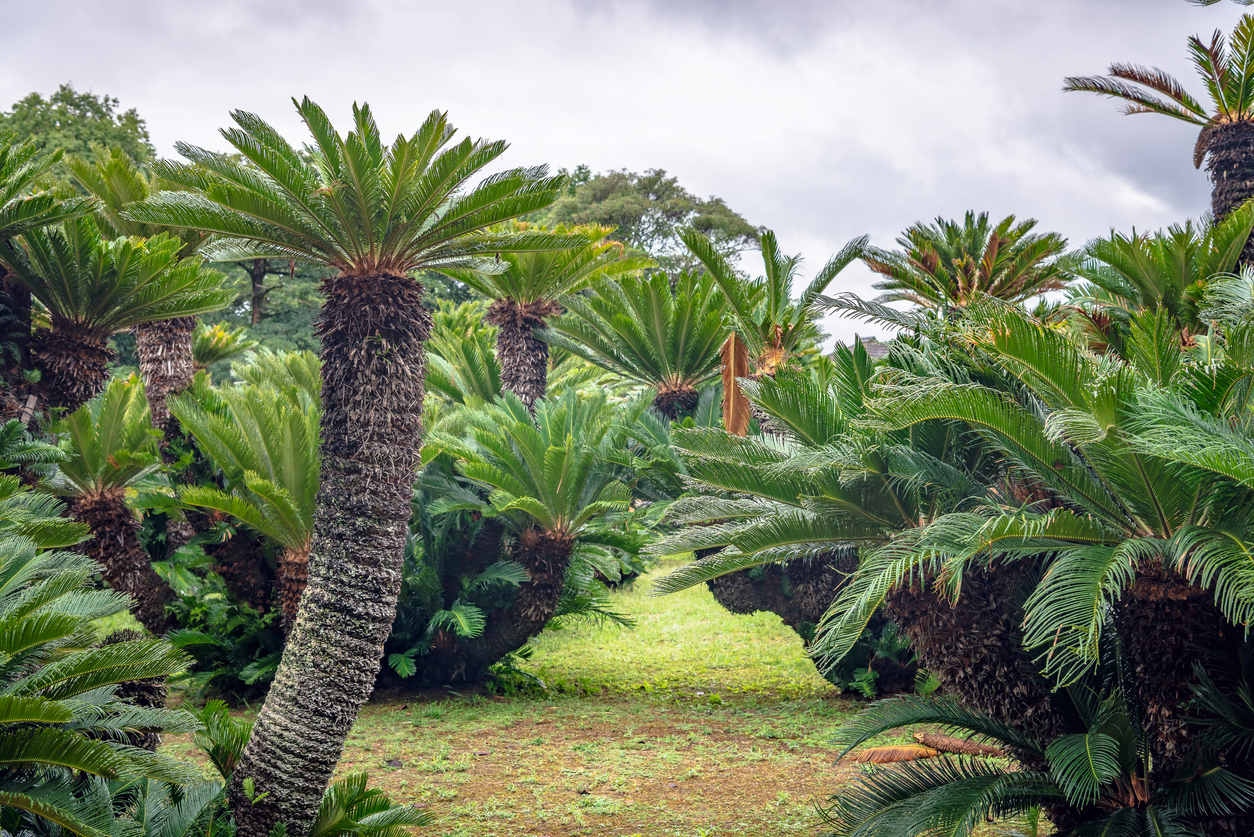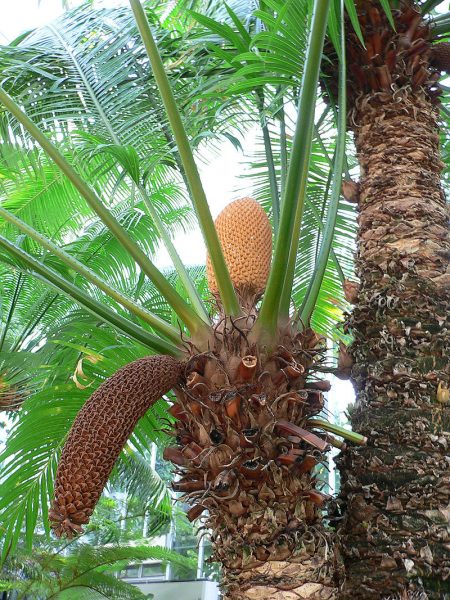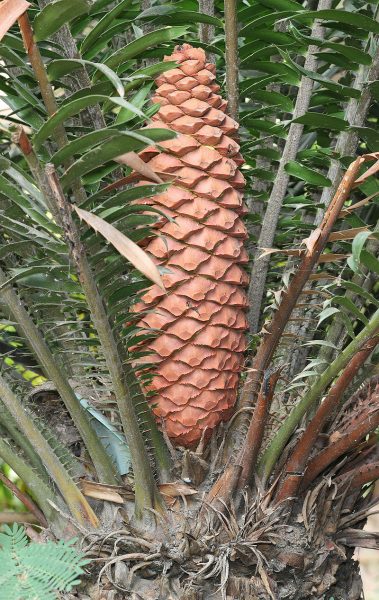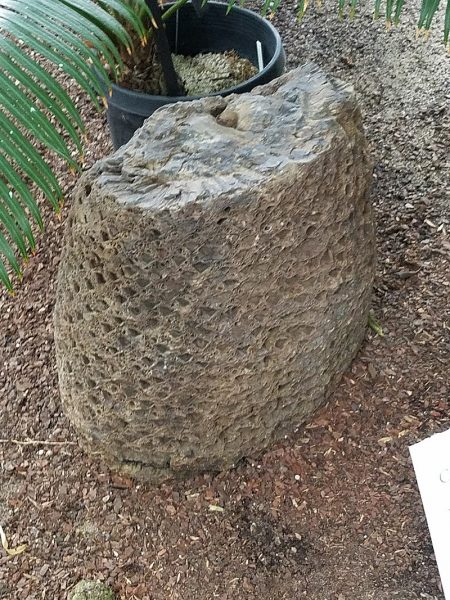Prehistoric Plant Could Grow in The UK First Time in Human History

Cycads are a type of plant that somewhat resemble palm trees or ferns and have been around since prehistoric times. Despite having existed for some 250 million years, and having survived all the many changes the planet has made during that time, cycads are currently the most endangered thing on Earth, according to the British website Fossil Plants.
Just as with endangered animals, the reason cycads are in peril is because of poaching. Yes, Poaching. There are plant providers who have been uprooting the plants and selling them off for enormous amounts of money to people who want to put them in their gardens.
Unfortunately, the mature plants that buyers find the most desirable are hundreds of years old, but don’t take well to being uprooted, so the sheer act of trying to take them often spells death for the plants.

Besides poaching, changes in their habitats have also become an issue. The prehistoric plants are generally becoming farther apart, physically, which means that they have a harder time pollinating.
There is hope, however, for the future of cycads.
For the first time in human history, there are flowering cycads growing outdoors in the UK, which could possibly reproduce.
The plants grow in a few places around the world, but only bloom in warm climates. The British plants can be found in the Ventnor Botanical Garden on the Isle of Wight, which lies off the southern coast of England. Plants in the garden have produced both male and female cones, something which has never before occurred in England in human history.
As a result, botanists have the chance to try to facilitate the transfer of pollen between them, according to a story from sciencealert.com.
The phrase ‘in human history’ matters. Apparently cycads like these, of the type Cycas revolute, did, in fact, live in the area. People have found fossilized cycads in the cliffs of Isle of Wight according to Liz Walker, a spokesperson from the botanical garden.

She also noted that the last time the plants lived and reproduced in the area was 120 million years ago. Currently this variety of cycad can be found in places like Japan, but back then the plants grew from the Isle of Wight to the Dorset coast, when the atmosphere had a much higher concentration of carbon dioxide.
While this is the first time plants at the garden have had both male and female cones at the same time, the plants have produced cones before. Seven years ago, one of the plants outdoors in the garden produced male cones, but there were no female cones, so there was no chance to pollinate and eventually gather seeds.
It’s believed that the reason for the potentially fertile blooms is climate change. Cycads haven’t previously been hardy in the UK, but the recent increases in temperature have allowed the plants to grow their cones.
The changes in the plants aren’t triggered by a brief warm spell. In addition to a record warm spell last summer, there have been increasingly mild winters in the area, to the extent that the coldest temperatures last winter were roughly the same as the warmest temperatures during the winters 100 years ago.

That’s a really significant shift, particularly when you consider that the plants have been extinct in Northwester Europe for about 60 million years.
As concerning as global temperature changes are for humans, the plants seem to like it, as it’s the first time the garden has ever had plants with both male and female cones.
Another Article From Us:Centuries Before Columbus, a Viking-Indian Child May Have Been Born in Iceland
Clearly the plants are adapting to the general trend in temperature change, and people at the botanical garden say that what the plants are doing may be an indicator for what the English climate is going to be like in twenty or thirty years.
